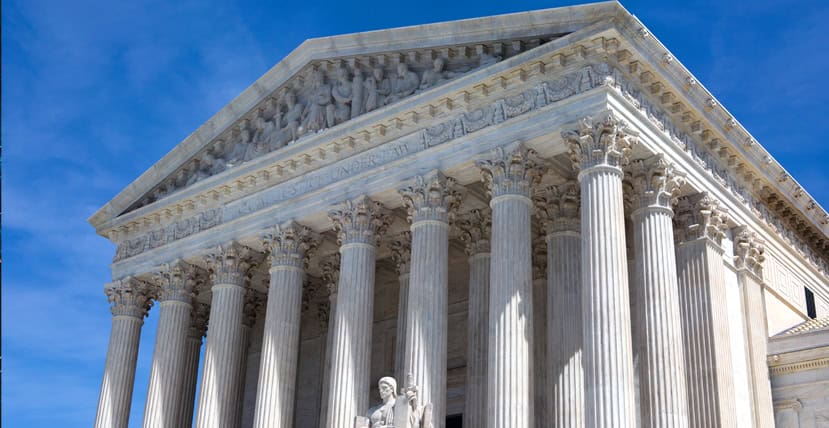Every month, Erise’s patent attorneys review the latest inter partes review cases and news to bring you the stories that you should know about:
PTAB issues initial decisions on Lululemon-Nike IPRs
Lululemon, whose Mirror Home Gym and related apps are accused of infringing on six Nike patents relating to fitness tracking, earned a partial victory from the Patent Trial and Appeal Board this month.
In separate decisions, the PTAB ruled all five challenged claims of U.S. Patent No. 10,232,220 and 12 of 20 challenged claims of U.S. Patent No. 9,278,256 are unpatentable. Lululemon has also filed for IPR on the four other asserted patents; those IPRs have been instituted and are pending decisions. Nike’s U.S. District Court case against Lululemon has been stayed pending all six IPR decisions.
The ’220 patent describes a system allowing users to record, track, and share their athletic activities, while the ’256 patent discloses examples of the invention that allow a user to challenge one or more other users to a competition and to display a comparison of substantially real-time athletic performance data.
The other four patents outline methods for users to track workout intensity and heart rate; to track, collect, and analyze data received from a user-worn device to determine when the user has earned a streak reward; to calculate a score that represents a user’s fitness; and to transmit data from a sensor to a piece of workout equipment.
Lululemon bought Mirror’s parent company in June 2020 and has rebranded the interactive home gym, which is now called the lululemon Studio Mirror.
Proposed PTAB rules changes
IP Watchdog covered the release of the U.S. Patent and Trademark Office’s Notice of Proposed Rulemaking (NPRM) regarding IPR and post-grant review (PGR) proceedings before the Patent Trial and Appeal Board (PTAB).
The proposed rules are a revision from an Advance Notice of Proposed Rulemaking issued a year ago that drew more than 14,500 comments. The NPRM addresses how the PTAB will determine whether to institute an IPR or PGR proceeding with regard to serial petitions, parallel petitions, and petitions implicating the same or substantially the same art or arguments previously presented to the USPTO. The proposed rules also provide a separate briefing process for discretionary institution arguments and align the procedures for termination of proceedings pre- and post-institution.
According to the NPRM, comments were mixed as to whether the definition of a serial petition should apply to petitions filed by parties other than the original petitioner, and what degree of relationship between the parties is sufficient to bring a subsequent petition under the definition of a serial petition.
Commenters also wanted more clarity regarding the difference in timing between petitions the USPTO deems to be filed in parallel and those it deems to be filed serially. The USPTO revised its proposal to define a parallel petition in the rule as one filed during the time period for filing a patent owner preliminary response in the first proceeding.
Other recent IPR headlines:
- Samsung Convinces Board to Ax Patent Behind $142 Million Verdict (Bloomberg Law)
- Eolas Seeks Supreme Court Review of Federal Circuit’s Patent Eligibility Decision (Patently O)
- Vidal Says PTAB Improperly Expanded Discretionary Denial Principles (IP Watchdog)
- Fed. Circ. Affirmance Rate In PTAB Cases Hit 83% In 2023 (Law360 – subscription required)


